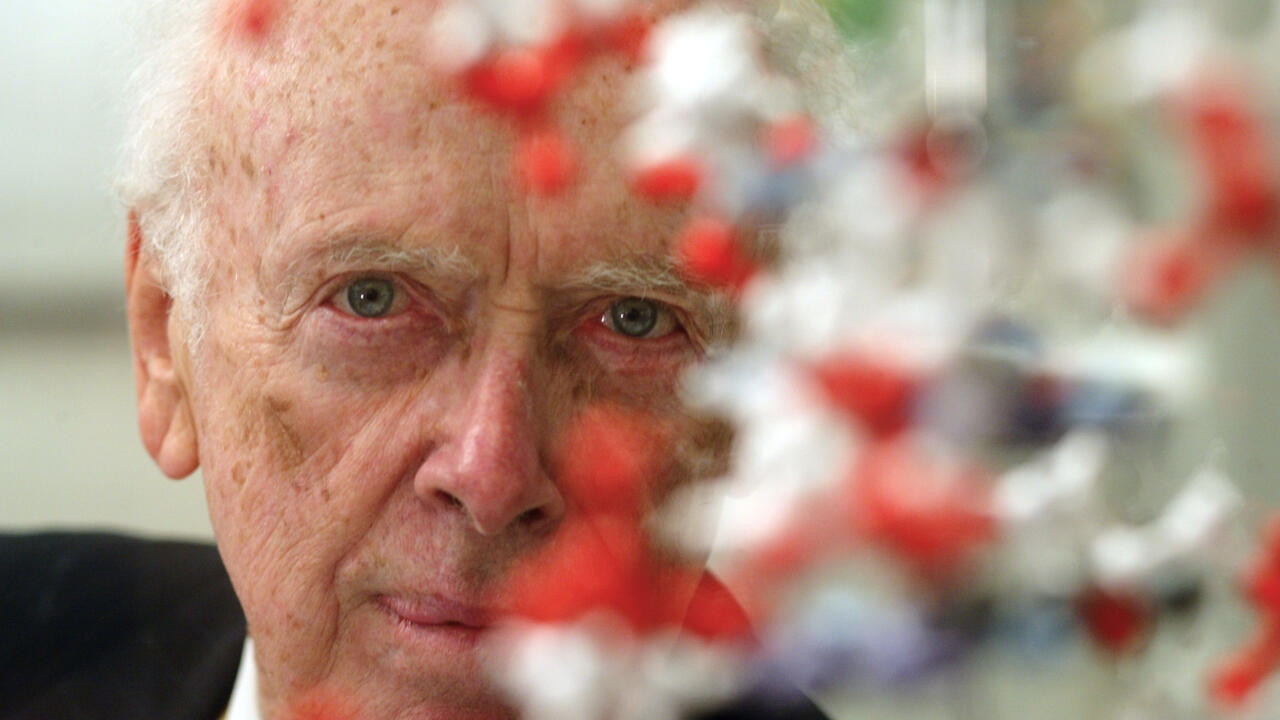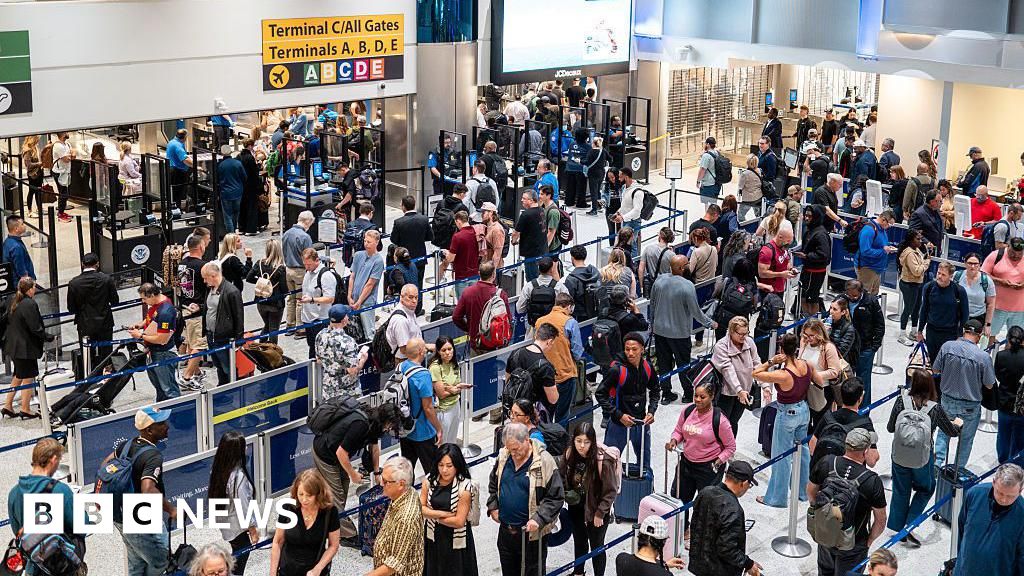 Indigenous leaders at COP30 in Belem. They are demanding active participation in the negotiation process. Credit: Tanka Dhakal/IPS
Indigenous leaders at COP30 in Belem. They are demanding active participation in the negotiation process. Credit: Tanka Dhakal/IPSBELÉM, Brazil, November 11 (IPS) - Indigenous leaders from across the Amazon region are calling on climate negotiators to base climate initiatives on the recognition of the land rights of affected Indigenous communities. From the COP30 venue in Belém, these leaders are demanding full participation in the design and implementation of proposed projects.
The Indigenous leaders presented evidence that reforestation initiatives, carbon market schemes, and renewable energy projects could displace Indigenous and local communities and harm ecosystems if they are developed without community involvement and respect for their rights. According to the UNFCCC assessment report, active participation of Indigenous and local communities is key to the success of climate change-related initiatives, whether funded by public or private sources.
In this context, IPS spoke with Elcio Severino da Silva Manchineri (also known as Toya Manchineri), an Indigenous leader from the Manchineri people of Brazil. Manchineri is the General Coordinator of the Coordination of Indigenous Organizations of the Brazilian Amazon (COIAB).
 Elcio Severino da Silva Manchineri at COP30. Credit: Tanka Dhakal/IPS
Elcio Severino da Silva Manchineri at COP30. Credit: Tanka Dhakal/IPSIPS:COP30 is happening on the land of Indigenous people here in Belém. What is the call from the Indigenous community to the negotiators?
Toya: Our main request to negotiators is to include Indigenous land demarcation as a climate solution—recognizing Indigenous lands as a climate response strategy.
IPS: Why is the recognition of land rights for Indigenous communities in climate negotiations so important?
Toya: It’s important because 80 percent of biodiversity is found in Indigenous territories, which means we conserve life. Land titling here and in other countries is crucial. If countries want to meet their targets for zero deforestation, they need to title Indigenous lands.
IPS: What is your view on reforestation efforts that happen without negotiation with Indigenous communities?
Toya: Reforestation is one of the key issues. But really—who is going to take care of those forests? We are the ones who care for them. We will be responsible for those forests. It’s been proven that 98 percent of our territories are well preserved. So, the real issue behind reforestation is guaranteeing the rights of Indigenous peoples to ensure our survival as well.
IPS: My follow-up question is: how can Indigenous communities and climate finance or climate progress come together? Is there a way?
Toya: We are working on climate hack finance and direct access to climate finance. Only direct access will strengthen what people are already doing in their territories. At the heart of it is the question: how can climate finance support what we’re already doing? That’s the important part.
IPS: To gain direct access to finance, you might need a place at the negotiation table. Do you think there is space for Indigenous leaders like you?
Toya: No, I don’t have a place—and that’s the problem. We need countries to consider us as negotiators, as part of official delegations, because we are the ones who know how to care for the forest and the environment.
IPS: Since you don’t have a place at the negotiation table, but Indigenous people have the knowledge to mitigate and adapt to climate change, how can climate projects or negotiations integrate Indigenous knowledge? Is there a way for Indigenous communities, their knowledge, and the negotiation process to come together?
Toya: It’s not only our traditional knowledge that can help mitigate climate change—we can also influence scientific knowledge. Sometimes scientists think they’re the only ones who can speak, but we can too. Our lands capture large amounts of carbon, which helps clear the air and reduce emissions. That’s the knowledge and practice we bring.
IPS: Finally, is there anything you want to see come out of the Belém climate conference? What is your top agenda?
Toya: What we really want to see in the final document is countries recognizing land titling for Indigenous peoples as a climate strategy—as a climate mitigation strategy. The just transition needs clear timelines to be effective. It must be just, but we also need to know by when.
Note: This feature is published with the support of Open Society Foundations.
IPS UN Bureau Report
© Inter Press Service (20251111154830) — All Rights Reserved. Original source: Inter Press Service

 3 weeks ago
16
3 weeks ago
16










 English (US) ·
English (US) ·